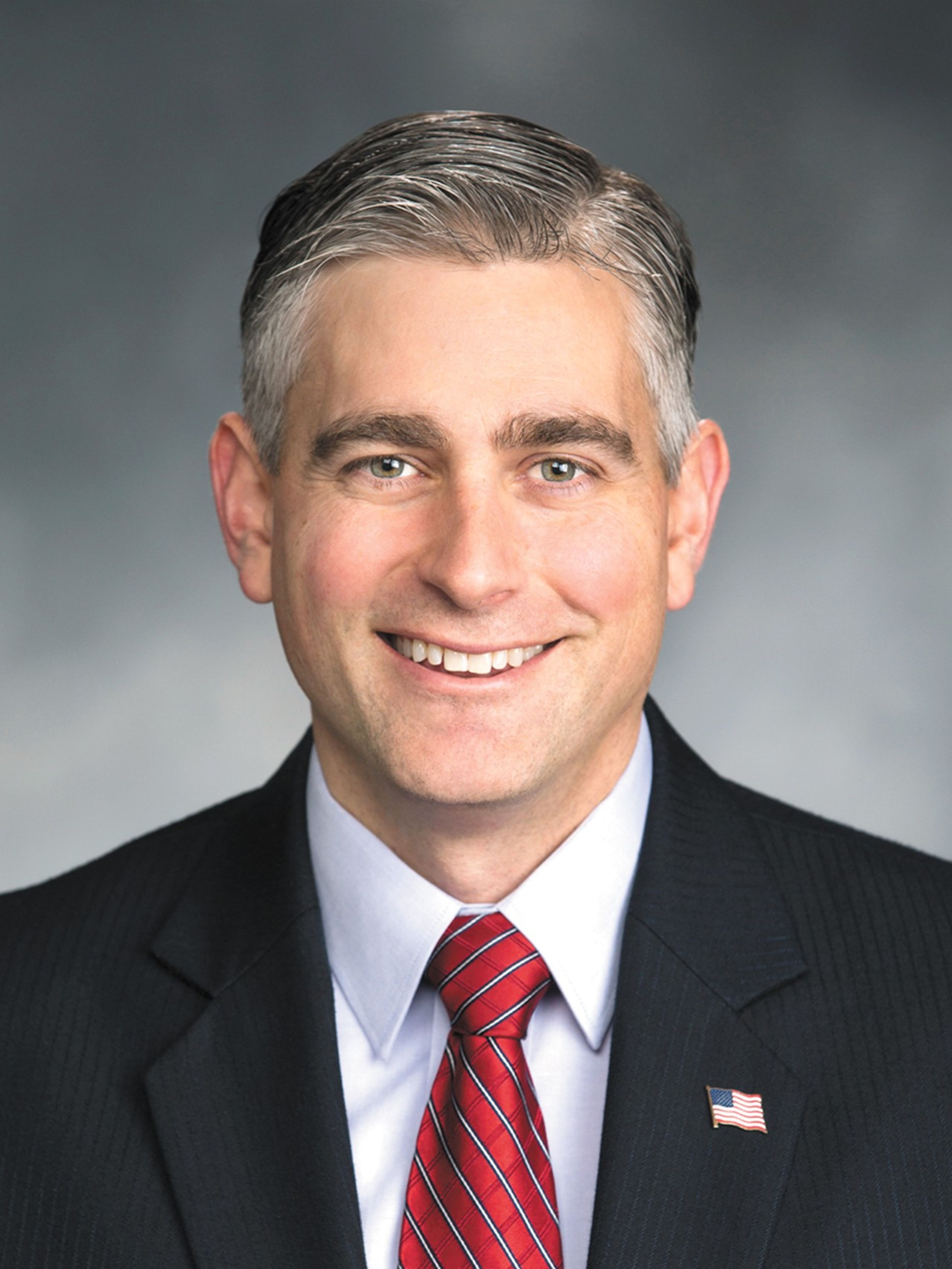New WSU class reduces risky behavior in students
Booze, Sex and Reality Checks course sees positive results
Freshmen reduced risky alcohol abuse behavior after taking the inaugural Booze, Sex and Reality Checks course at Washington State University this fall, according to results of a February survey.
The class provided incoming freshmen with information about alcohol and drug use and its effects in other areas of life, including academic performance, sexual decision-making and stress.
"Students really lowered their risk, especially in regard to blackouts, unprotected sex, injuring themselves, regretting their actions," said Patricia Maarhuis, coordinator and health educator with WSU's Alcohol and Drug Counseling Assessment and Prevention Services. "I think students also decreased their risk in terms of moderating their drinking."
According to the campuswide survey, 34 percent of freshmen who took the BSRC course reported they don't drink at all, in comparison to last year's 28 percent.
The percentage of students who drink until they black out also dropped 20 percent from last year, and the number of freshmen having unprotected sex decreased as well.
"We have encouraging evidence that this is helpful for people and making better choices. People don't come to college to end up in the emergency room or end up in a hospital bed because they drank too much," said Bruce Wright, executive director for WSU Health and Wellness Services. "We're hoping we can give them tools and the right information that can help them make some good choices and avoid disasters."
The class began with intensive one-hour sessions during Welcome Week before classes started in the fall. A team of WSU faculty psychologists, clinical counseling and human development graduate students and psychology interns led the sessions, meeting with groups of 20-40 students.
Maarhuis said she and the other facilitators met with about 3,400 students in six days during Welcome Week. Students who didn't attend those sessions were required to go to sessions during the school year.
In addition to providing information about alcohol and drug use, Maarhuis said the purpose of BSRC was to help students transition from high school and living at home to living on their own at college.
"We wanted to make sure that students really understood what's the social norm here, and that there is a really broad range. And we wanted to address their perception about how much and how often other students drink," Maarhuis said. "That's sort of the reality check part where sometimes students come to the universities thinking everyone parties really hard."
On the ADCAPS website, adcaps.wsu.edu, students who participated in BSRC provided feedback about the class. Many said they appreciated the relaxed and honest atmosphere of the course and learning how much alcohol really is in one shot or one drink.
Some students wrote that because of the class they are now monitoring their alcohol intake more closely if they do choose to drink.
One student wrote, "I have honestly been drinking less. I don't want my family to deal with consequences of massive drinking."
Wright said WSU is one of the first universities in the country to require incoming freshmen to take an in-person class addressing alcohol use and its effects. Many universities require similar classes to be completed online, but Wright said he thinks the interactive quality of Booze, Sex and Reality Checks is what made the course successful.
"I think the discussion and the engagement, interaction kind of component is important, and the ability of our students to have dialogue with students, for students to have dialogue with presenters may be an important piece of that," Wright said.
Maarhuis said ADCAPS members also spoke with parents about the class and encouraged them to talk about the issues with their children.
"We told parents this is what's coming up - expect it. And we encouraged parents to talk with their student about these exact topics and ask them what they got out of it, what they liked and what they didn't like," Maarhuis said. "When parents engage with their students, students listen."
Parents also provided feedback on the ADCAPS website, writing about what their children took away from the class.
One parent wrote, "My daughter thought it was great that WSU addressed drinking alcohol with students, even though they are underage. It made her feel positive that WSU is aware that it could and does happen, and liked the sense of responsibility they are taking."
Wright said the results of the fall 2012 BSRC course were so unexpectedly positive, he and other ADCAPS members looked at the results two or three times just to confirm.
Both Maarhuis and Wright said the results are preliminary since they are based on just one semester of the class, but Wright said the positive feedback is a reason to keep the class going.
Maarhuis said Booze, Sex and Reality Checks will continue to be required of all incoming freshmen in the fall, though facilitators will make some changes based on feedback.
For more information about BSRC and ADCAPS, visit adcaps.wsu.edu.
Meredith Metsker can be reached at (208) 883-4628 or by email to mmetsker@dnews.com. Follow her on Twitter at: @MeredithMetsker






